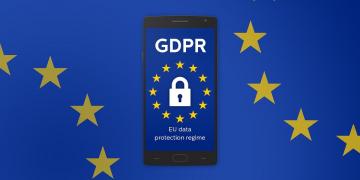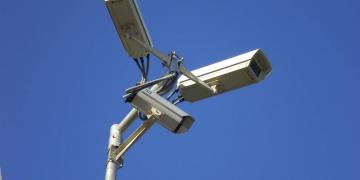

Five years after the Snowden revelations
Five years after the Snowden revelations, we're still more concerned with technological solutionism and individualistic models of privacy than addressing privacy as a common good.
We're all data subjects now: the citizen in the European GDPR
The new European GDPR generalizes the notion of the "data subject". But what exactly is the data subject? And how does it fit into a regulation which is fundamentally about the trading of Big Data?
Google and Big Data: Are we heading towards a dystopian reality?
The services that are provided by data-giant Google are becoming more and more a normal part of daily life. But are we truly aware of the implications this has on our privacy? How much information does Google actually have on you?
Should big data determine who gets pulled over?
Predictive policing is often claimed to be a technical matter superior to traditional policing, with all its human flaws. I argue for a cultural approach to predictive policing, centered on the cultural shaping of police technologies.
The credit company that went too far. Would you let them invade your privacy?
This article illustrates the impact of the Chinese credit company Sesame Credit and expresses deep concern about its future development and the equality and privacy issues it will bring to Chinese society.
Transgender surveillance and violence on (social) media: Dandara’s story
Trans* identities have gained popular attention in a time when violence against this population has escalated. This surveillance of trans* bodies is in stark contrast with a self-proclaimed trans* revolution in mainstream media.
Google, truths and asylum procedures
Information provided by web resources has become indispensable to immigration officers assessing asylum claims. How does the internet affect the lives of those who seek asylum by making their identity proofs unconvincing?
Information Precarity and Surveillance
In this essay, it is discussed how social media are used as a way for asylum seekers to find the safest routes for leaving their home country as well as how they, as social media users, are exploited by control mechanisms.
The failure of surveillance
The search for terrorists is supported by highly sophisticated and intensive surveillance of electronic communication media, but overlooks the basic fact that sometimes people switch off their devices and become invisible.








